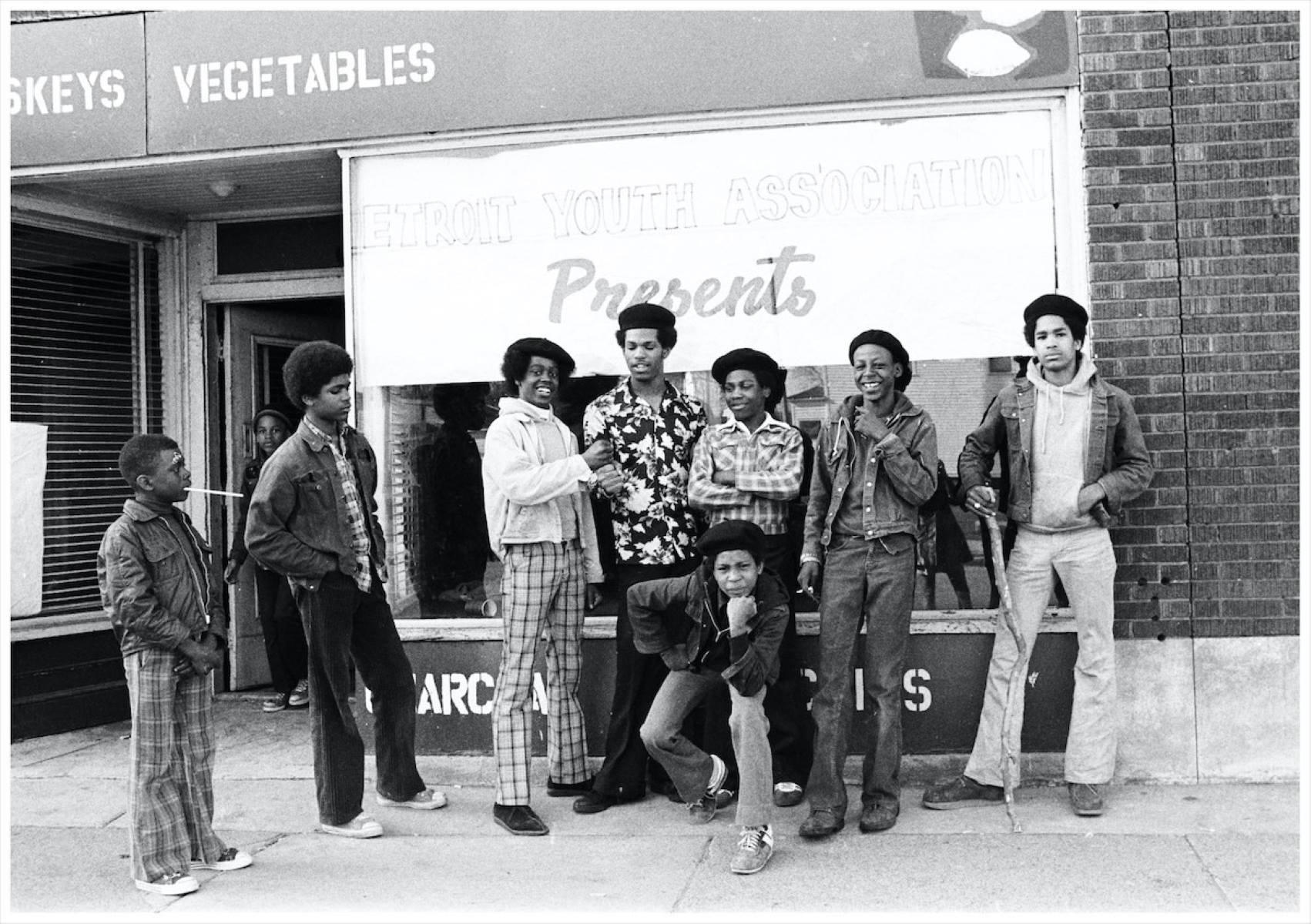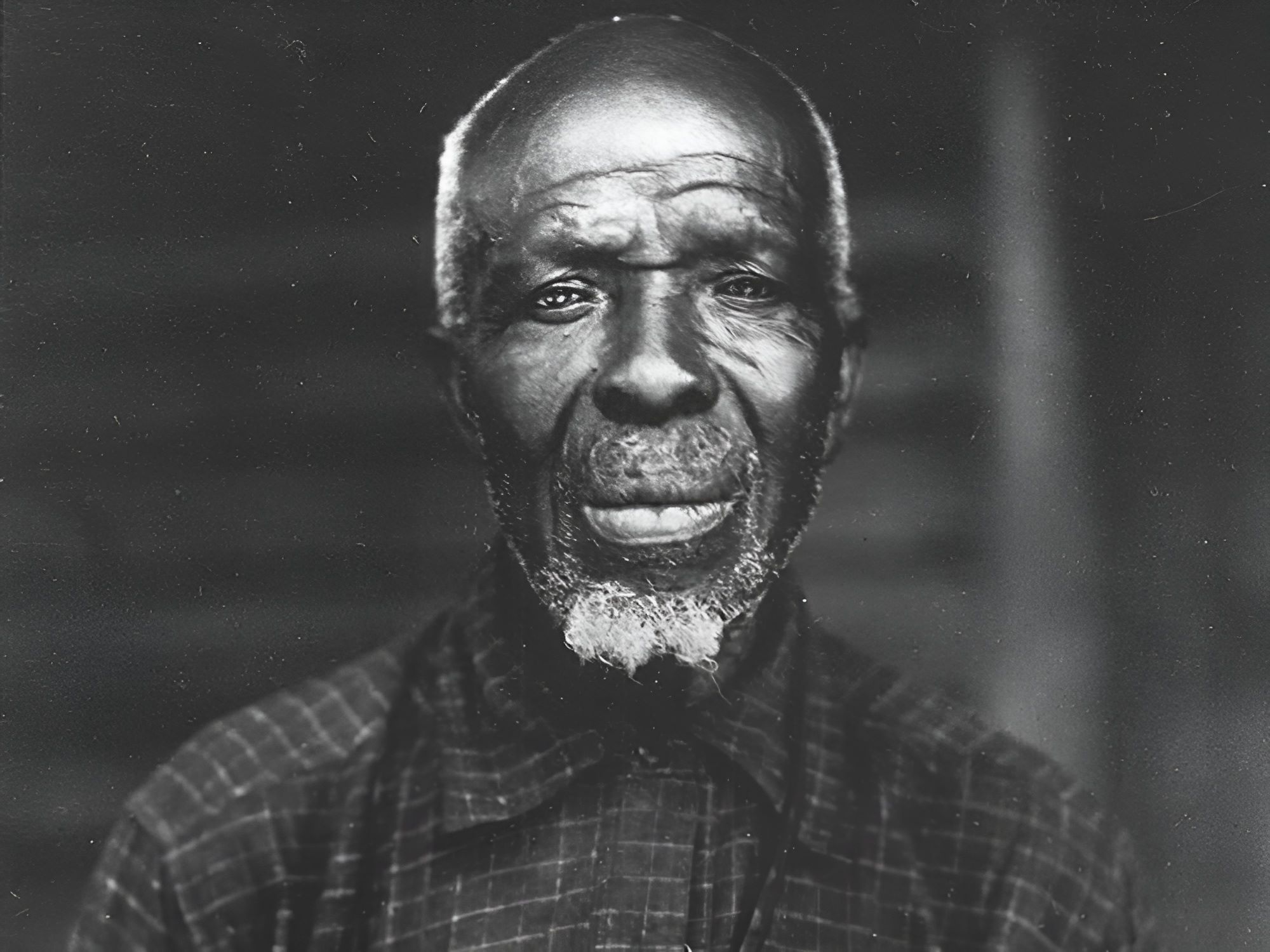
What was the White Panther Party? The White Panther Party was a radical political collective founded in 1968 by John Sinclair, Leni Sinclair, and Pun Plamondon in Ann Arbor, Michigan. Inspired by the Black Panther Party, they aimed to support the Panthers' fight against racial oppression and promote cultural revolution. The group advocated for civil rights, anti-capitalism, and counterculture ideals, often using music and art as tools for activism. They were known for their bold stance against the Vietnam War and their support for marijuana legalization. Though short-lived, the White Panther Party left a lasting impact on the 1960s counterculture movement and civil rights activism.
Key Takeaways:
- The White Panther Party, founded in 1968, supported the Black Panther Party's fight for racial equality and advocated for cultural revolution, drug legalization, and community programs.
- Despite facing legal troubles and controversies, the White Panther Party's legacy lives on in modern activism, influencing movements challenging societal norms, drug policy, anti-militarism, and racial equality.
Origins of the White Panther Party
The White Panther Party emerged during a time of significant social upheaval in the United States. Let's dive into some intriguing facts about this radical group.
- The White Panther Party was founded in 1968 by John Sinclair, Leni Sinclair, and Pun Plamondon in Ann Arbor, Michigan.
- It was created as an anti-racist political collective to support the Black Panther Party's fight for racial equality.
- The founders were heavily influenced by the counterculture movement of the 1960s, including rock music and psychedelic drugs.
- John Sinclair was also the manager of the rock band MC5, which played a significant role in promoting the party's ideals.
- The party's name was inspired by Huey P. Newton, co-founder of the Black Panther Party, who suggested that white allies form their own group.
Ideology and Goals
The White Panther Party had a unique blend of ideologies. Here are some key aspects of their beliefs and objectives.
- The party advocated for "cultural revolution" and sought to overthrow the capitalist system.
- They promoted the legalization of marijuana and other drugs, seeing it as a way to challenge societal norms.
- The group supported free access to healthcare, education, and housing for all.
- They were staunchly anti-war and opposed the Vietnam War, participating in numerous protests.
- The party also championed environmental causes, advocating for the protection of natural resources.
Activities and Actions
The White Panther Party was known for its bold actions and community involvement. Here are some notable activities they engaged in.
- They organized free concerts and events to spread their message and gather support.
- The party published a newspaper called "The Sun/Dance," which covered political and cultural topics.
- Members participated in protests and demonstrations, often clashing with law enforcement.
- They provided legal and financial support to activists and political prisoners.
- The party also ran community programs, such as free food distribution and health clinics.
Legal Troubles and Controversies
Like many radical groups of the time, the White Panther Party faced significant legal challenges. Here are some key incidents.
- John Sinclair was arrested in 1969 for possession of marijuana and sentenced to ten years in prison, sparking widespread protests.
- The "Free John Sinclair" concert in 1971 featured performances by John Lennon and Yoko Ono, drawing national attention to his case.
- The FBI targeted the party as part of its COINTELPRO program, which aimed to disrupt and discredit radical organizations.
- Pun Plamondon was accused of bombing a CIA office in Ann Arbor, leading to a high-profile trial.
- The party's radical stance and confrontational tactics often led to internal conflicts and splintering.
Decline and Legacy
The White Panther Party's influence waned over time, but their impact remains. Here are some facts about their decline and lasting legacy.
- The party officially disbanded in the mid-1970s, with many members moving on to other activist causes.
- John Sinclair continued to be an influential figure in the counterculture movement, advocating for marijuana legalization.
- The party's emphasis on cultural revolution influenced later movements, such as punk rock and anarchist collectives.
- Their support for the Black Panther Party helped to highlight the importance of interracial solidarity in the fight for social justice.
- The White Panther Party's legacy lives on in the continued struggle for racial equality and social change.
Cultural Impact
The White Panther Party left a mark on popular culture. Here are some ways they influenced music, art, and literature.
- The MC5's music, managed by John Sinclair, became anthems for the counterculture movement.
- The party's radical ideas were reflected in underground newspapers and zines of the time.
- Artists and musicians, such as John Lennon, publicly supported the party's causes.
- The party's story has been featured in documentaries and books about the 1960s counterculture.
- Their influence can be seen in the DIY ethic of punk rock and other subcultures.
Notable Members and Allies
Several prominent figures were associated with the White Panther Party. Here are some key individuals who played a role in the movement.
- John Sinclair, co-founder and leader, was a poet and activist known for his fiery speeches and writings.
- Leni Sinclair, co-founder, was a photographer who documented the counterculture movement.
- Pun Plamondon, co-founder, was a radical activist involved in numerous protests and actions.
- John Lennon and Yoko Ono supported the party, performing at the "Free John Sinclair" concert.
- Allen Ginsberg, the Beat poet, was an ally and supporter of the party's causes.
Influence on Modern Activism
The White Panther Party's radical approach continues to inspire activists today. Here are some ways their legacy lives on.
- Their emphasis on cultural revolution can be seen in modern movements that challenge societal norms.
- The party's support for drug legalization has influenced contemporary debates on marijuana policy.
- Their anti-war stance resonates with current anti-militarism and peace movements.
- The party's focus on community programs has inspired grassroots organizations working for social justice.
- The White Panther Party's commitment to racial equality and solidarity remains a powerful example for activists fighting for change.
Reflecting on the White Panther Party
The White Panther Party played a unique role in the civil rights movement. Founded in 1968, it aimed to support the Black Panther Party and fight against racial injustice. The group’s commitment to revolutionary ideals and social change left a lasting impact on American society.
Despite its short existence, the White Panther Party’s efforts in promoting equality and challenging the status quo are noteworthy. Their activism and solidarity with the Black Panther Party highlighted the importance of unity in the fight for justice.
Understanding the history of the White Panther Party helps us appreciate the diverse efforts made towards achieving racial equality. Their story reminds us of the power of collective action and the ongoing need to address social injustices. The legacy of the White Panther Party continues to inspire those committed to creating a fairer world.
Frequently Asked Questions
Was this page helpful?
Our commitment to delivering trustworthy and engaging content is at the heart of what we do. Each fact on our site is contributed by real users like you, bringing a wealth of diverse insights and information. To ensure the highest standards of accuracy and reliability, our dedicated editors meticulously review each submission. This process guarantees that the facts we share are not only fascinating but also credible. Trust in our commitment to quality and authenticity as you explore and learn with us.


